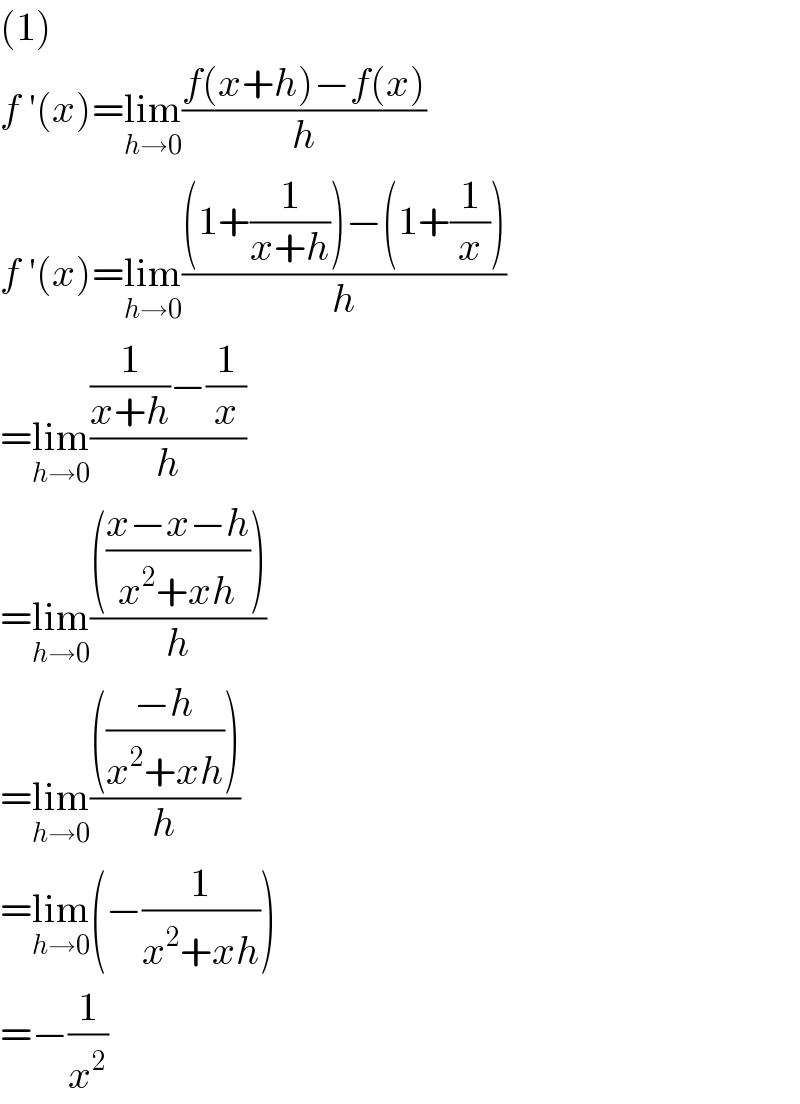Question Number 11920 by carrot last updated on 05/Apr/17

Answered by sandy_suhendra last updated on 05/Apr/17

Commented by carrot last updated on 05/Apr/17

Commented by sandy_suhendra last updated on 06/Apr/17

Answered by FilupS last updated on 05/Apr/17

Answered by FilupS last updated on 05/Apr/17

Answered by sandy_suhendra last updated on 06/Apr/17

